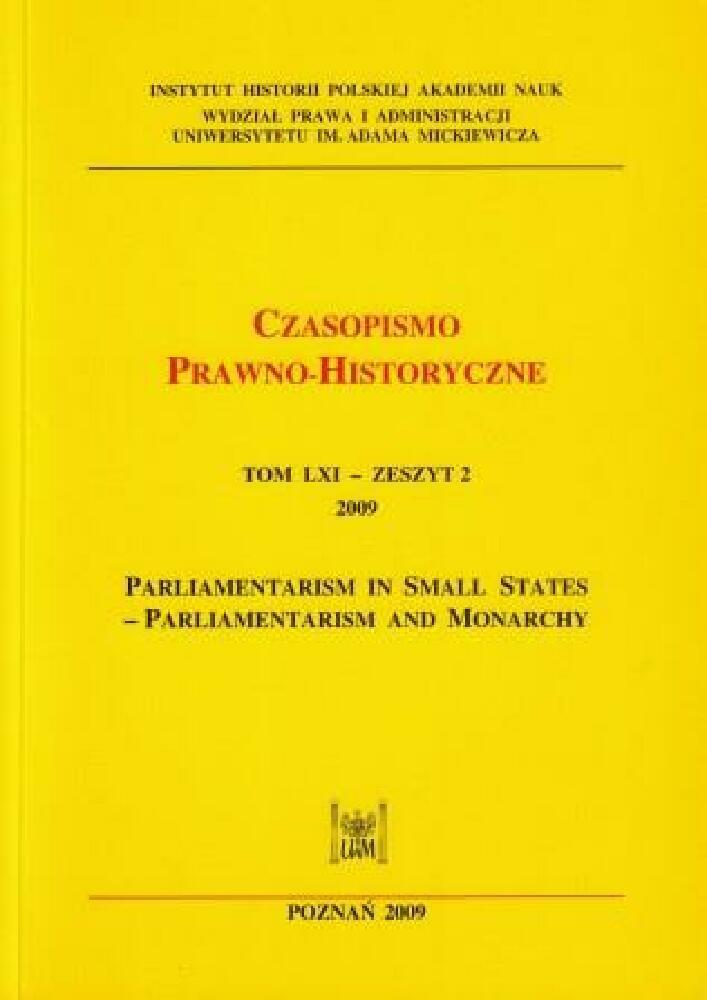Abstrakt
This paper examines a very acute problem – the relationships between crowns and their parliaments in history as personified by two political figures: English King Charles I and Russian Tsar Nicholas II. In spite of the three centuries which divide these two monarchs, their fates were strikingly similar, mainly because of their attitudes to national parliaments and constitutional rule in general. This comparative essay provides a basis for understanding the role of individuals in history and their influence on the course of events – the cases where monarchal prejudices, biases, foibles, or obstinacy led to personal as well as national tragedies: to revolutions, civil wars and dictatorships (let it be those of Cromwell or Stalin). Lastly, the paper offers an opportunity to appreciate the national peculiarities of those great tragedies: while England could quite promptly repair the ravages of revolution and restore its monarchy, Russia, on the contrary, lost – vidently, forever – the chance to establish a constitutional monarchy and suffered a long period of political totalitarianism in the twentieth century.
Finansowanie
Digitalizacja i Otwarty Dostęp dofinansowane przez Ministra Edukacji i Nauki w ramach umowy nr BIBL/SP/0002/2023/1
Licencja
Copyright© 2009 Wydział Prawa i Administracji UAM w PoznaniuOPEN ACCESS




